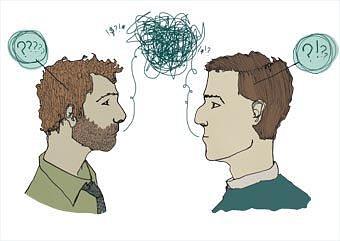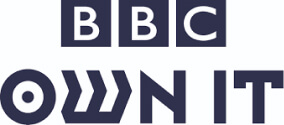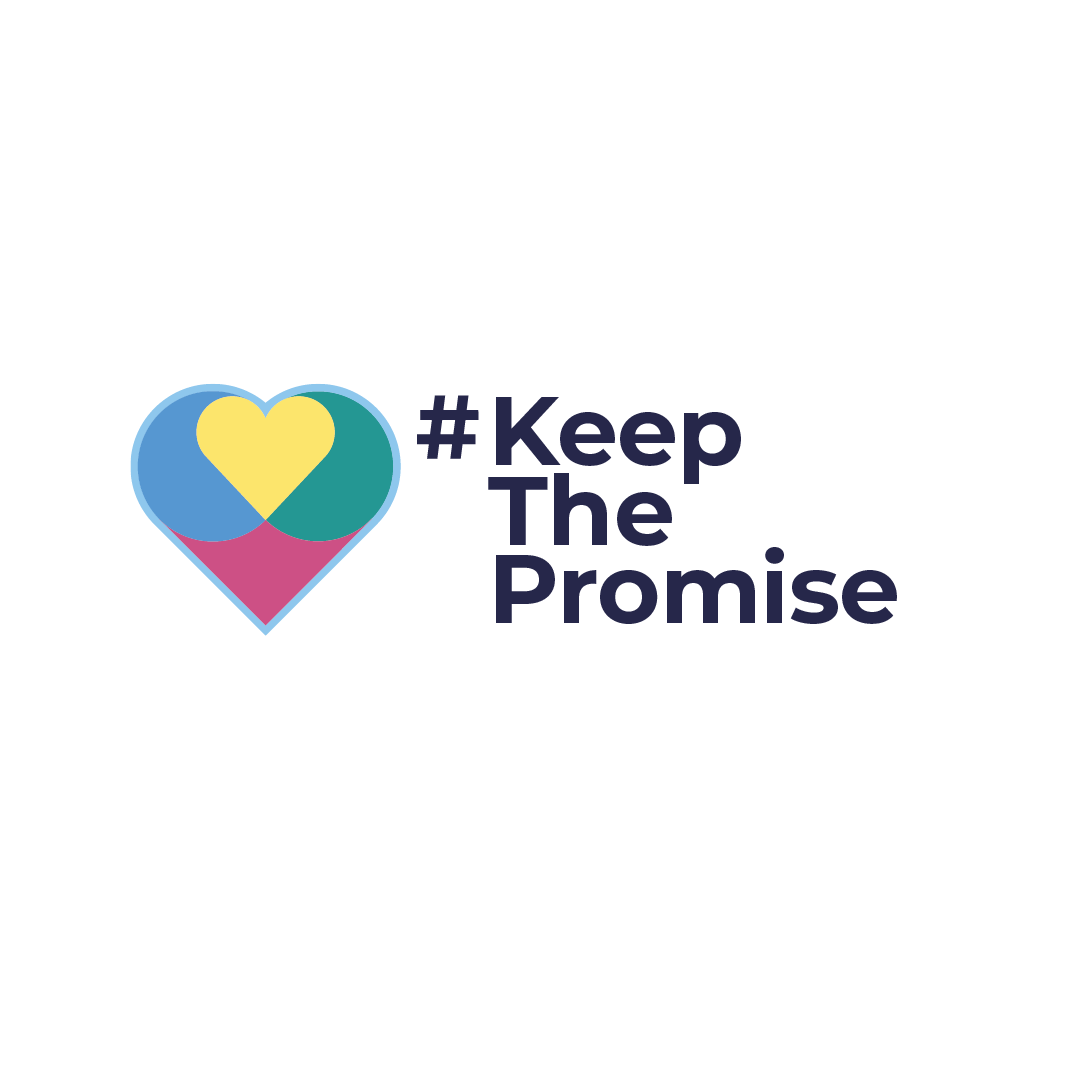Conflict Resolution Day 2022
For Conflict Resolution Day 2022, SCCR Service Manager Jim Grey shares his thoughts and experience on conflict, how it happens, and what we can do to bring it under control.

Jim Gray is the Service Manager of Cyrenians Scottish Centre for Conflict Resolution. Jim has many years’ experience in the public sector, intervening and resolving conflict in relationships. He has participated in planning public events to maximise safety and reduce risk. Often Jim's services’ response was spontaneous and immediate. More of an interruption and a stabilisation than a resolution – but essential and potentially lifesaving none the less. Jim has broad experience of working with partners who provided longer term and shoulder-to-shoulder support which allows people to be seen and heard and to find and reach their own solutions.
We live in a society that is largely peaceful and harmonious because humans have evolved to build and value relationships. Within relationships, conflict is natural but it should be recognised and resolved early. Conflict after conflict after conflict without interruption is harmful and toxic.
Often no one person or group is ‘right’; to resolve the conflict and repair the relationship, shared understanding of different positions is all that is required. Sometimes not all parties are even aware that the conflict actually exists.
While it’s undeniable that conflict can be a catalyst for disruption and positive change, when it is ignored or avoided it is incredibly damaging, dangerous and toxic.
Timing is critical. Sometimes a little time and space can be useful – but not when it leaves a person or group suffering or feeling abused. No one should suffer or feel so unsafe that they cannot challenge the behaviour of another. In this situation there are organisations that can support you.
There are many approaches and actions that can prevent conflict escalating and restore harmony; occasionally some form of third-party support (or mediation) is beneficial. Cyrenians, for example, has its Mediation & Support team, while here at Cyrenians Scottish Centre for Conflict Resolution we have on our own website free digital resources that address conflict flashpoints such as money, drugs and respect; we also host free online and in-person events where a trainer takes the audience deeper into subjects such as ‘Understanding Anger’, ‘Family Conflict Triggers’ and more. Our resources and events are created to help young people, parents and carers and the professionals who work with them. Great work in the field of conflict resolution, informed by new research and neuroscience, is happening around Scotland and the world.
Conflict can cause people to act out of character and understanding what is happening in your body is the first step to ’self-regulating’. Simple breathing exercises and distraction techniques can prevent things getting worse. On our website you will find a number of short videos designed to restore a person’s balance if they feel upset. Our Emotional Homunculus project delves into the cocktails of chemicals that inform our behaviour; knowledge is power, and knowing what is happening in our bodies and minds is often a first step towards taking control of our more damaging moods.
Once we feel our mood is and can be regulated, the focus should be on listening. It is really helpful to talk about feelings. Uncomfortable for some but hugely effective. It is important that each party understands how their words or actions made the other feel – angry, sad, anxious, ignored, dismissed. An understanding or resolution won’t be reached until everyone acknowledges or contextualises the feelings of others. When we understand how our actions or words are received by others we would seldom, in a healthy relationship, seek to continue or repeat hurtful or harmful ones.
When relationships are healthy and mature, and we are able to challenge without conflict and communicate our feelings and needs, it builds families and communities that feel safer. Systems like justice, care, social services, health and education are relationships too. Internally and externally it is people working with people. When we exemplify kindness and understanding we can invite and accept feedback and when we can see any harm and damage inflicted unintentionally we change and we grow.





